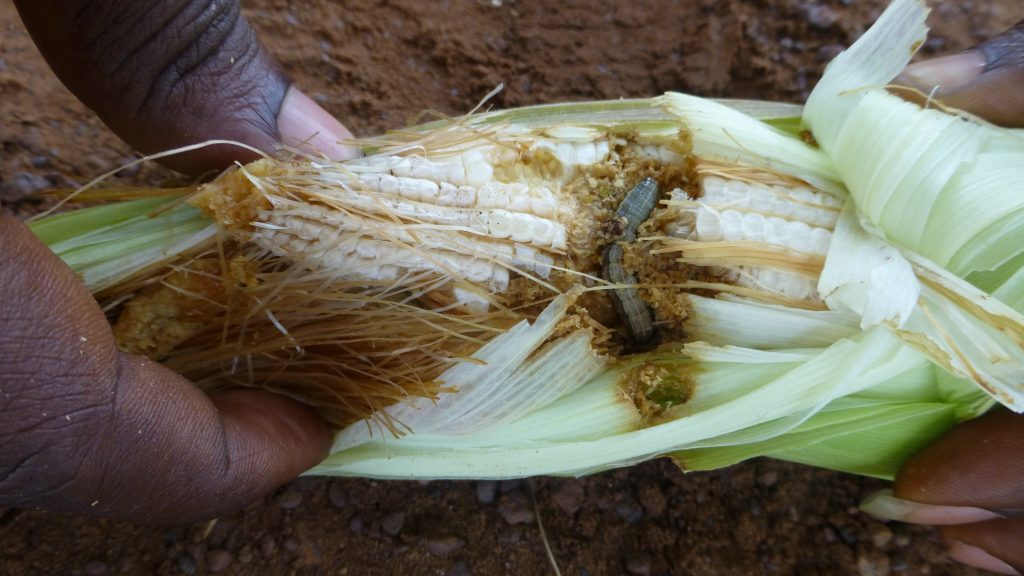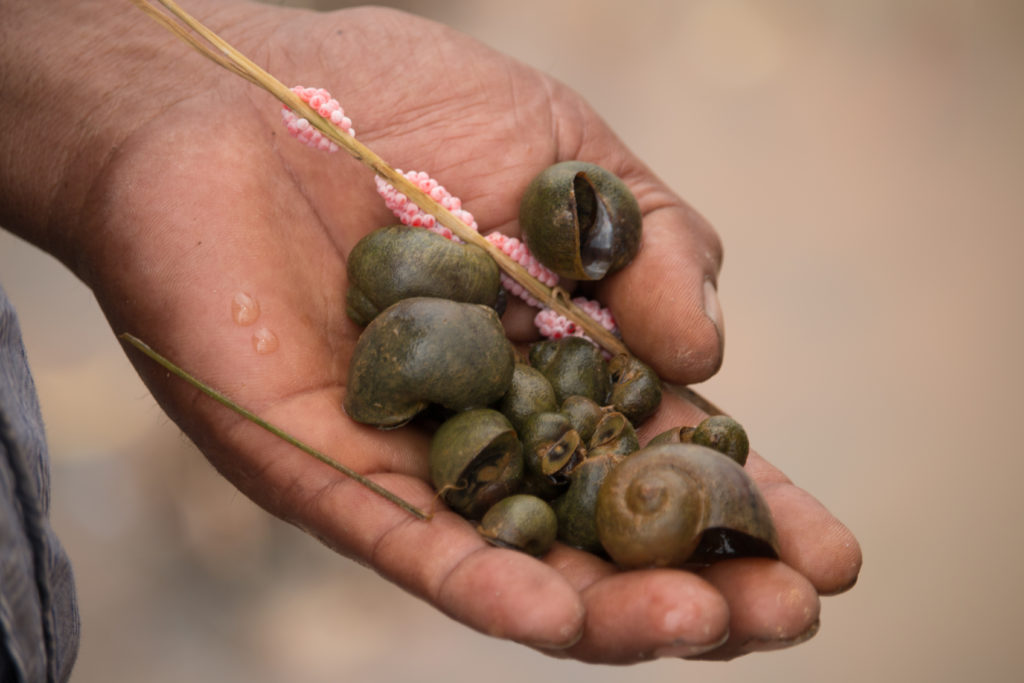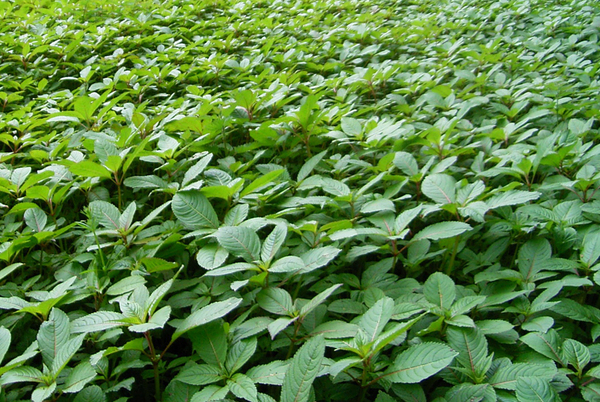Asia on alert as highly destructive fall armyworm spreads
By Trudy Harris. Originally published on SciDev.Net. Farmers and authorities throughout Asia need to be vigilant against fall armyworm invasions, after confirmation that the fast-moving pest has spread from India to China and now to South-East Asia, agricultural experts say.
Biological control against invasive agricultural pest slows deforestation across Southeast Asia
Used as an effective method of controlling invasive species, biological control (or biocontrol) is the term given to the use of living organisms for controlling pests and invasive species. It can provide an effective, environmentally-friendly and cost-efficient way of controlling pest populations, helping to restore crop yields and farmer’s profits. However a recent study, focussing…
Highlighting forests’ vulnerability to invasive species
After habitat destruction, invasive alien species are the second biggest threat to biodiversity worldwide. It has a significant impact on livelihoods and the economy, incurring losses of USD$1.4 trillion a year. Prior to 2012 many South-East Asian countries lacked the policies and information on the presence, distribution and impact of invasive species to properly manage this…




